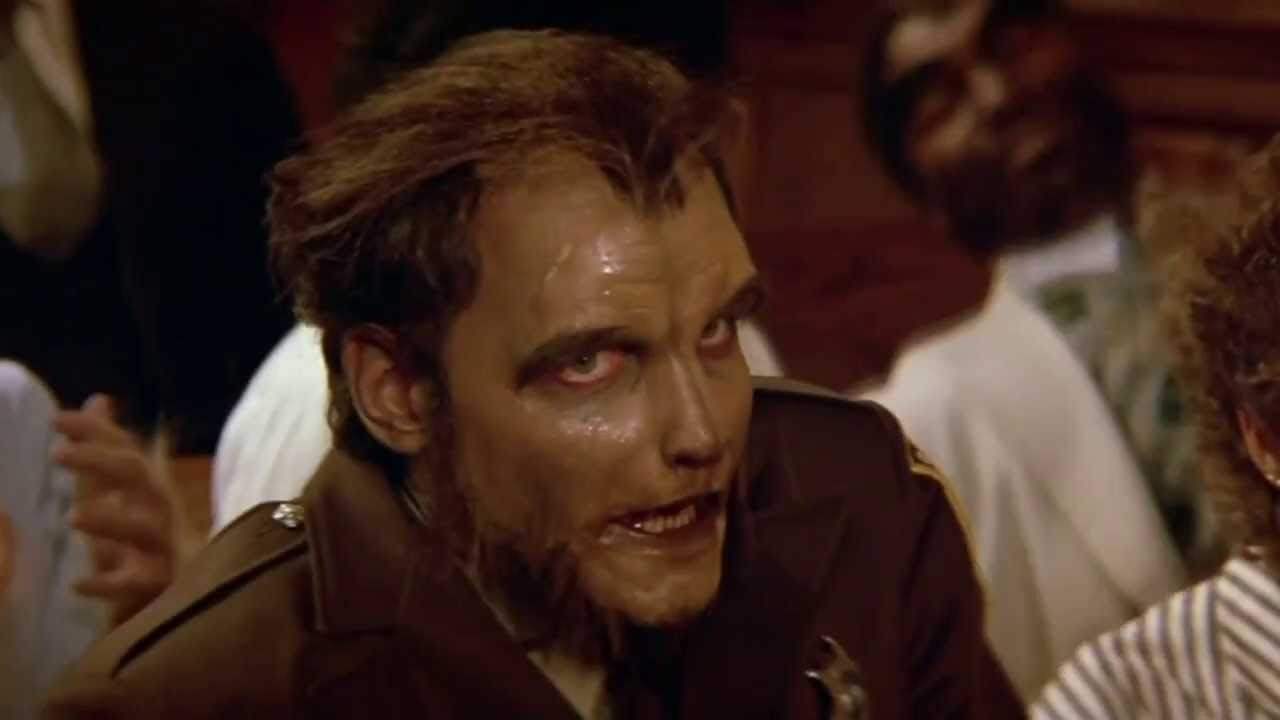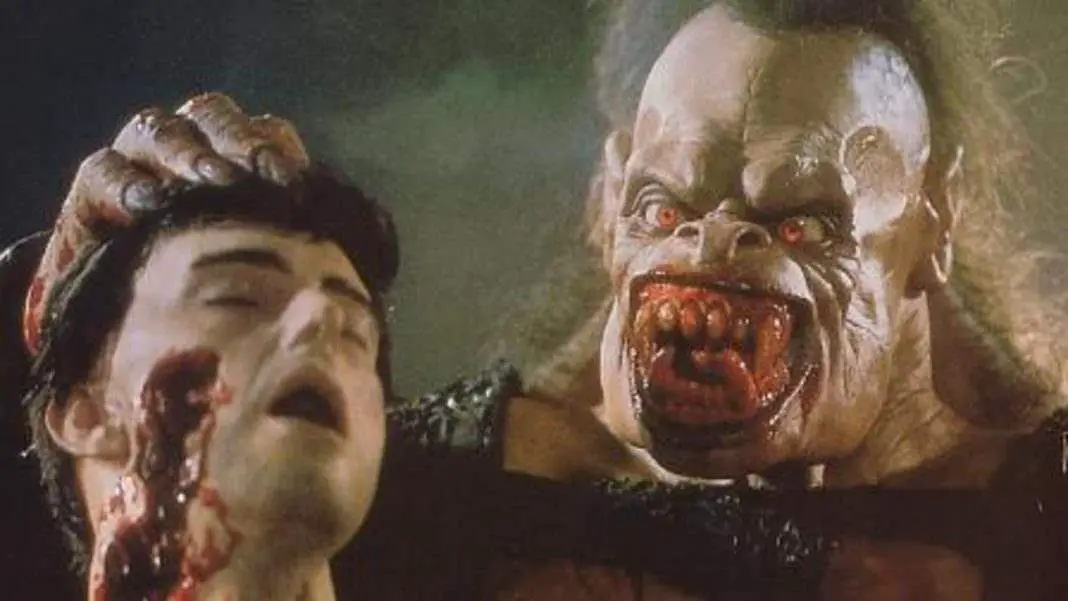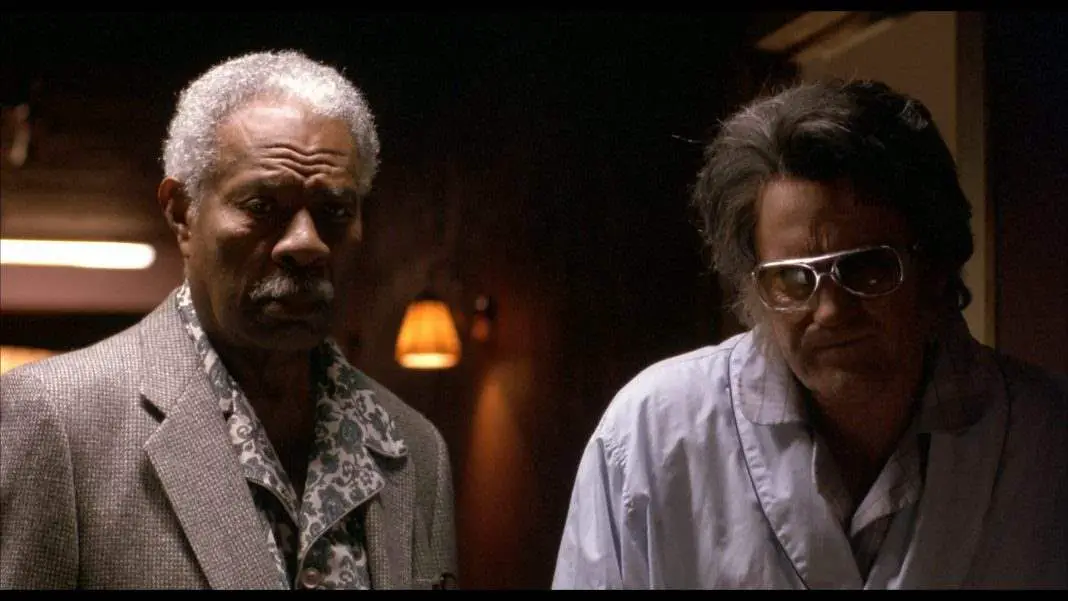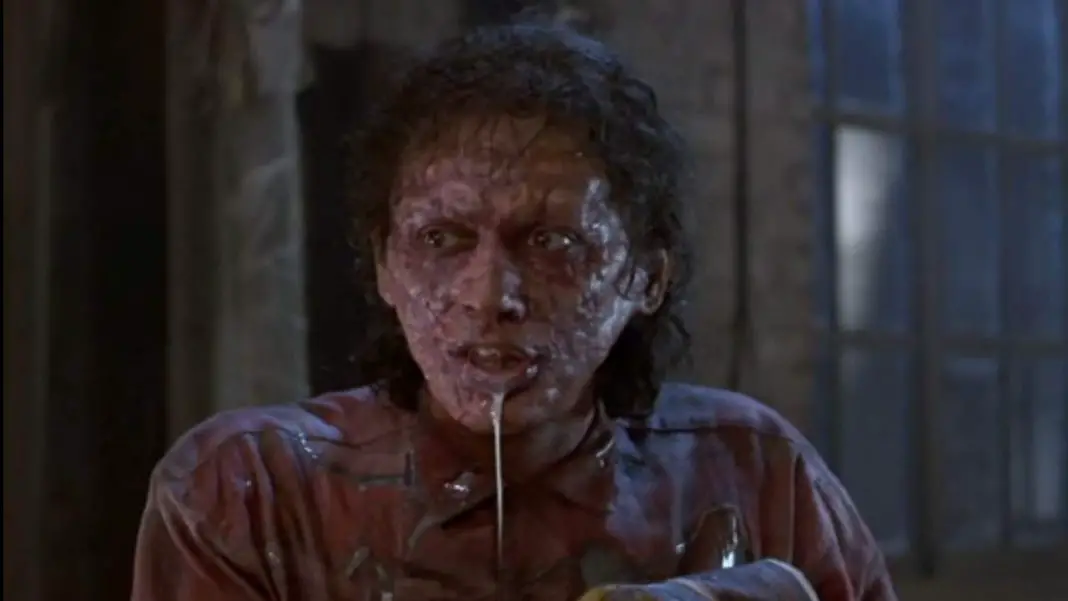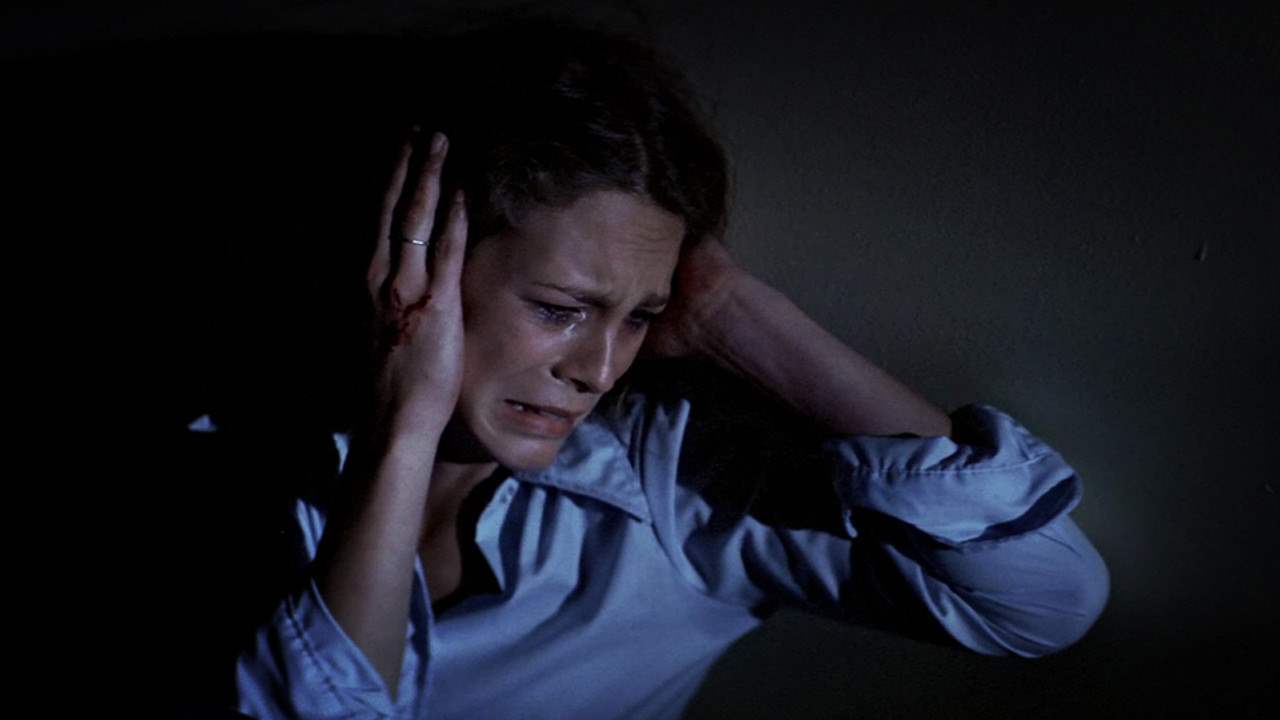Stephen King is a very cinematic writer, which has led him to be one of the most adapted authors in history. He tends to take a simple premise and let it unfold in a way that only he can. Many adaptations fall short because they get the premise, but don’t understand what makes the story work on the page. Every now and then, though, we’ll get an adaptation that completely understands the themes, settings and character dynamics that make King’s writing work so well.
Did You Know? Wicked Horror TV Has Classic and Independent Horror Films Available to Stream for Free!
Some of these adaptations are going to be extremely obvious. They’re the best of the best, after all. But others tend to go unnoticed, even if they really get into the strongest core elements of King’s writing. So, read on for seven Stephen King adaptations that perfectly capture the prolific author’s style.
Misery
Sometimes Stephen King adaptations have to limit the scope of the source novel in order to meet budgetary limitations, or just to attempt to condense a sizable story into a two hour film. Misery does the opposite. It actually has to add a few characters here and there because Paul Sheldon and Annie Wilkes are basically the only two characters for the entire duration of that novel. The entire ordeal is set in that house. It’s really Kathy Bates’ performance that pushes this one over the edge, as King says the casting was so good it was as if the character just walked off the page.
 The Shawshank Redemption
The Shawshank Redemption
Honestly, Shawshank and Green Mile are pretty much tied here. They both represent so many similar themes. They’re set in a dark prison environment and they deal with incredibly heavy subject matter, but throughout both there is an optimism that only Stephen King could apply to that situation. I think it’s a more resonant theme throughout Shawshank, so that one gets the bulk of the credit here, but both are just about as good as they could be.
 Silver Bullet
Silver Bullet
This one benefits being written by King himself. Even though it’s clearly now set in a Southern town, the smalltown atmosphere and characters keep with King’s writing. He also gets the chance to flesh most of them out, as Cycle of the Werewolf only allows for very minimal characterization. It has a child protagonist dealing with some decidedly adult stuff, including his alcoholic uncle who happens to be the only one who ever really listens to him. There are a lot of classic King tropes going on here.

The Night Flier
Not only do people not think about The Night Flier that often, they certainly don’t remember it being one of the better adaptations of King’s short stories. It shouldn’t work and it shouldn’t feel like King. I mean, it’s pretty mean-spirited and doesn’t have a likeable protagonist by any stretch. But that’s the kind of thing King knows he can get away with in a short story. Mark Pavia completely taps into that mean streak and black comedy for the film adaptation. The concept is hilarious, but it’s dealt with in a genuinely interesting way.
 Riding the Bullet
Riding the Bullet
Barely anyone talks about Riding the Bullet, but of the many King adaptations that Mick Garris has helmed, this one is the best. It’s about a college student obsessed with death who bows out of a concert to hitchhike home when he hears that his mother has fallen deathly ill. He’s picked up by a ghost who gives him a simple choice: he can save his own life and let his mother die, or save hers and sacrifice himself. The themes, the creepy atmosphere, even King’s wordplay is intact in this one. Definitely worth checking out.

The Shining (1996)
After feeling that Stanley Kubrick’s adaptation failed to accurately represent the themes and characterization of the book, King wrote this television miniseries that—for whatever faults it might have—is a very accurate representation of the novel. There are moments where it suffers for that, as elemts like the hedge animals were not meant for live action, but moments when it really, well, shines. Steven Weber portrays a great version of the Jack from the novel, a man who really cares about his family but succumbs to his own weaknesses and allows himself to be taken advantage of by the forces of the Overlook.
 Stand by Me
Stand by Me
It’s about kids, it’s about coming of age, it’s about young people confronted with things that force them to mature quickly. It also taps into one of the most frequent themes in King’s work: that adults don’t understand kids and, above all, don’t listen to them. That’s usually handled in a supernatural context, but here it just is. The movie wears its heart on its sleeve. This is about the friendships we make early on in life that run deeper than any friendships we’ll ever know later on. It’s about the way kids relate to each other when they’re away from adult supervision. It’s one of the best and a stunning example of the kind of story King can tell at the top of his game, horror or not.

